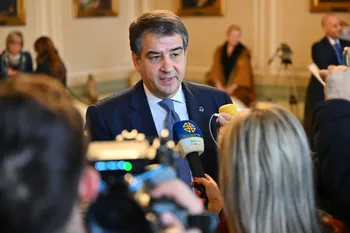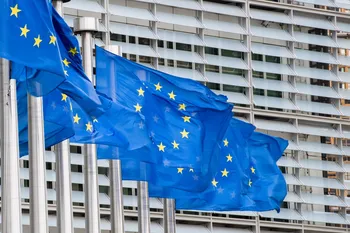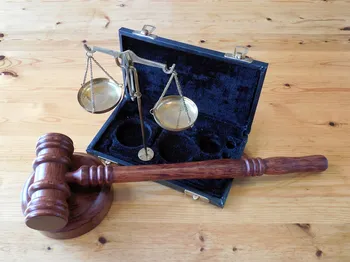In line with the objectives of the Bioeconomy Strategy[1] and the Zero Pollution Action Plan[2], successful proposals will facilitate the deployment of industrial systems based on sustainable bio-based feedstock. These systems will also contribute to new EU strategy for a Sustainable Blue Economy implementation and address the EC Communication Towards a Strong and Sustainable EU Algae Sector,[3] by demonstrating improved environmental performances, maximum resource- and energy-efficiency, and optimal cascading use of bio-based feedstock, aiming for 'zero waste' and 'zero-pollution' operations. Contribution to the objectives of the R&I Mission 'Restore our Oceans and Waters by 2030, in particular objective 3 'Make the blue economy carbon- neutral and circular'.
Project results should contribute to the following expected outcomes:
- Implementation of (environmentally and economically) sustainable micro-algae-based biorefinery processes.
- Availability of a broader range of micro-algae-based products meeting market requirements.
- Social acceptance of circular bio-based solutions and products.
- Decreased energy, water, nutrients and in general resource requirements for micro-algae production and processing with respect to state-of-art.
- Improved environmental impact with respect to fossil- and/or bio-based state-of-the-art counterparts (if existing).
The valorisation of micro-algae and cyanobacteria into bio-based products is increasing but still relatively limited. Past R&I activities related to strain, process and technology developments have brought significant progress for
...


